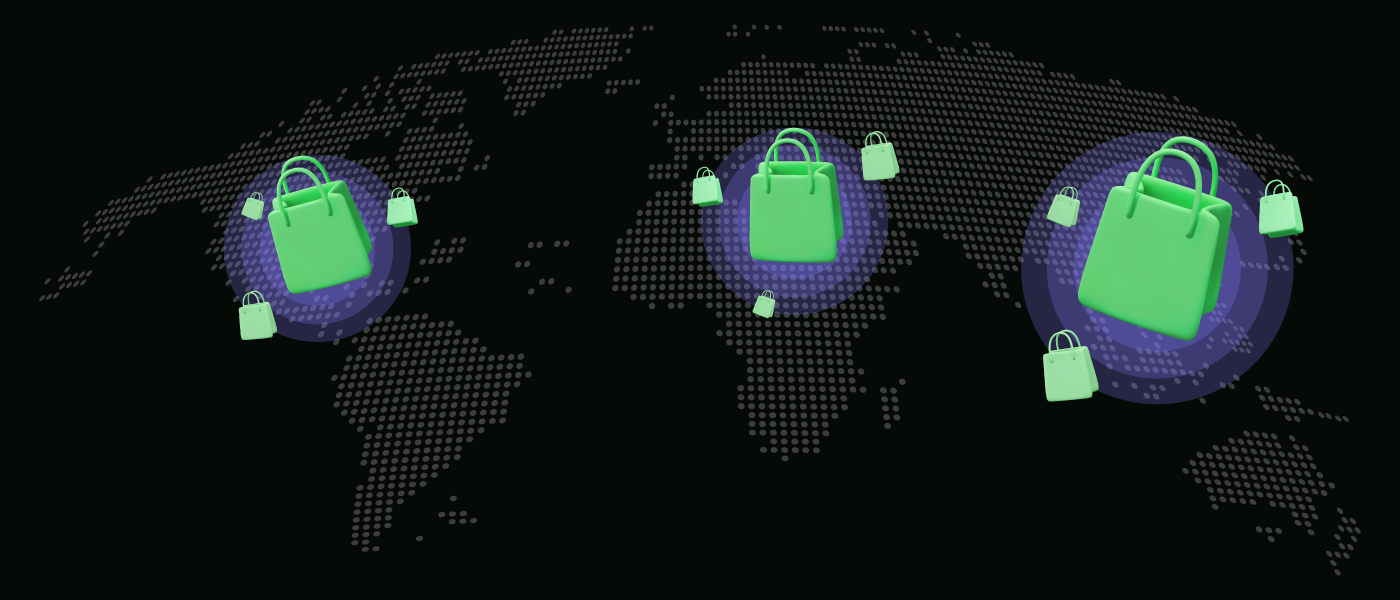The e-commerce market remains robust in Singapore, especially during the new normal. To begin with, the Lion City has always been in a strategic position for growth—with well-developed infrastructure complemented by a population that can speak English and Mandarin.
As COVID-19 continues to change consumer behavior to favor online shopping due to health and safety restrictions, Singapore’s retail industry has become more resilient, thanks to the rising popularity of e-commerce.
Based on the Google e-Conomy SEA 2020 report, the country’s internet economy grew by 87% in 2020, as the pandemic forced consumers to work and take classes at home.
Internet speed, usage, and penetration in Singapore
It also helps that Singapore is one of the countries with the fastest internet speeds, as its average of 257.15 Mbps as of October 2021 is the third speediest worldwide, following Monaco and Hong Kong with speed averages of 270.25 Mbps and 260.35 Mbps, respectively.
In 2021, the number of mobile connections in Singapore was 8.54 million, or 145.5% of the population (many individuals own more than one mobile account), according to the Digital 2021 Singapore report. By 2022, the smartphone penetration rate in Singapore is forecast to rise to 90.73% from 89.64% in 2021.
In terms of internet usage, about 90% of the 5.87 million Singapore residents are regular internet users as of January 2021. On average, an individual in the country logs online for up to 8 hours per day. This is why it has been much easier for retailers and other businesses to tap e-commerce to bolster sales through strategic channels and creative marketing programs.
These factors contribute logically to the steady growth of e-commerce in the country. As COVID-19 restrictions ease up and the national economy gets more poised for a strong rebound (as it did in 2021), e-commerce sales growth in the city-state is forecast at 18.3% in 2022, according to data analytics company GlobalData. That figure is expected to translate to S$9.2 billion (US$7.0 billion).
Grocery market in Singapore
In 2020, regional commercial insights firm IGD Asia predicted that Singapore will be the 23rd biggest grocery market across Asia by 2023—with China expected to take the top spot followed by other countries in the region like India, Indonesia, Japan, and South Korea.
Grocery operators FairPrice and Dairy Farm (owner of local 7-Eleven franchises along with hypermarket Giant and neighborhood retailer Sheng Siong) are seen to maintain their market positions as the two top players in the country.
IGD Asia has released an update of that report in 2021, still projecting the Singaporean grocery market to grow into a S$9.9 billion industry by 2023. That forecast figure will reflect a 14.5% increase from 2018.
However, due to the logical and obvious effects of the ongoing pandemic on the retail landscape, the insights firm has emphasized that the strong growth in the retail sector will be led mostly by robust online grocery shopping.
Grocery giants RedMart and NTUC are also expected to showcase strong performance in the coming months, along with the leaders FairPrice and Dairy Farm.
Analysts from IGD Asia noted that numerous traditional wet-market grocers across Singapore have started conducting live auctions and selling their merchandise through e-commerce marketplaces and special social media channels. Some of those players even facilitate customer relations activities in social media these days.
For them, going online is a logical move for local grocers, as the local traditional retail industry had been slowing down (it dropped by 5.3% year-on-year in January 2020) even before the pandemic commenced in the first quarter of 2020.
Strong consumer spending and new behavior
A Singaporean consumer spends about S$1,067 (US$785) on internet shopping (per transaction), on average, according to the Digital 2021: Singapore report. Interestingly, that is the highest compared to most neighboring nations in Southeast Asia—Malaysians spend S$464 (US$341), Indonesians S$298 (US$219), and Thais S$179 (US$216).
Many Singaporeans now prefer to shop online because of the attractive deals offered by retailers and e-commerce platforms. Based on research by online shopping aggregator iPrice, local consumers do internet shopping to take advantage of ongoing promotions and hefty discounts (free shipping, freebies, and huge markdowns).
Moreover, financial services firm JP Morgan has found that most Singaporeans shop through the internet to find goods that they can’t easily find and buy locally. This is why many consumers tend to also buy merchandise through international online stores.
The growth in e-commerce in Singapore also coincides with the rising popularity of accessible cashless payment methods. According to the WorldPay Global Payments Report 2021, 45% of consumers in Singapore still prefer using credit cards when shopping online.
Singaporeans are also starting to use digital wallets for transacting with e-commerce sites (20%). Some prefer to use bank transfers (12%), debit cards (11%), and the ‘buy now, pay later’ scheme (3%). A minority (1%) still pay goods via cash on delivery.
Online live selling or livestreaming is also taking a pie of the e-commerce market in Singapore. This activity pertains to the practice of broadcasting live, real-time video not just to promote but to actually sell products to consumers (more like the conventional TV shopping programs in the 1990s to 2000s).
Internet shopping platforms Lazada and Shopee have in-app features to facilitate such activities. Thus, the total hours for streaming on ShopeeLive has jumped about 200% in 2020, while the competing LazLive had attracted up to 4,500 local merchants to the feature in April 2020.
Conclusion
With the actual and projected data available, it is logically a must for brands and retailers to be present across various fronts, most especially online. Since 2020, consumers in Singapore, just like in other countries worldwide, have been realizing they can use technology to continue with life — for work and for purchasing necessities for living.
The continuous growth of e-commerce in Singapore could be based on evolving consumer behavior. It is expected that in 2022 and in succeeding years, consumers will cease to see the distinction between online and offline shopping experiences. Shopping will have to be a fast and very efficient activity. Digital tools and marketplaces have become part of the modern shopping experience. Businesses need to recognize such factors for them to thrive in long run.











